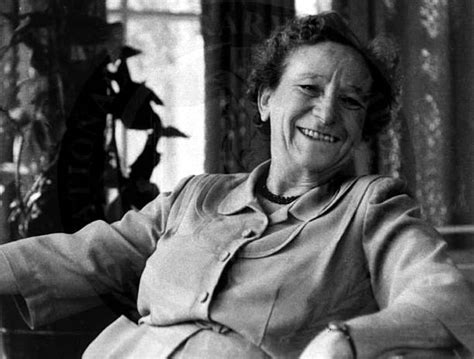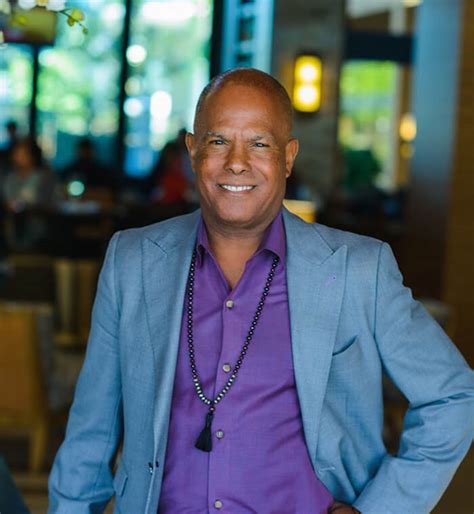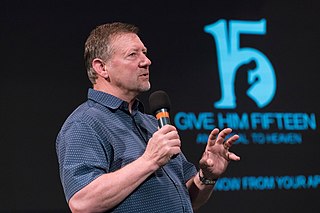A Quote by Hans Rookmaaker
We may appreciate the efforts, and even the greatness of the men who have tried to find the universal, the general 'behind' appearances; yet at the same time their quest was doomed to fail, for all universals break down as soon as the Creator, He who made man in His image, is denied or left out of account.
Related Quotes
Is a Christian- one who communicates daily with the Creator- to divorce himself from the things God created and intended man to have, and which demonstrate the fact that man has been made in the image of God? In other words, are we who have been made in the image of our creator to be less creative than those who do not know the Creator? The Christian should have more vividly expressed creativity in his daily life.
There is, in fact, no reason to believe that any given natural phenomenon, however marvelous it may seem today, will remain forever inexplicable. Soon or late the laws governing the production of life itself will be discovered in the laboratory, and man may set up business as a creator on his own account. The thing, indeed, is not only conceivable; it is even highly probable.
There is one mind common to all individual men. Every man is an inlet to the same and to all of the same. He that is once admitted to the right of reason is made a freeman of the whole estate. What Plato has thought, he may think; what a saint has felt, he may feel; what at any time has befallen any man, he can understand. Who hath access to this universal mind is a party to all that is or can be done, for this is the only and sovereign agent
I look to Islamic ethics to find something that can provide the basis for shared values with other traditions, and ultimately universal values. This ties into the point I made in a book, 'The Quest for Meaning', that the only way for values to be universal is if they are shared universal values. My main point is, in this quest for value the aim is not to express your distinctness from others, but about being able to contribute to the discussion of universal value.
No one knows how greatness comes to a man. It may lie in his blackness, sleeping, or it may lance into him like those driven fiery particles from outer space. These things, however, are known about greatness: need gives it life and puts it in action; it never comes without pain; it leaves a man changed, chastened, and exalted at the same time--he can never return to simplicity.
The need of an insecure psychiatrist to draw security from a virtuous adjustment to the conventionalities of his time and from a quest for approval from "the good and the great" may turn out to be another agent interfering with his ability to listen in a therapeutically valid fashion. This type of dependence gives rise to the danger that the psychiatrist may consider the changeable man-made standards of the society in which he lives to be eternal values to which he and his patients must conform.
It is of dangerous consequence to represent to man how near he is to the level of beasts, without showing him at the same time his greatness. It is likewise dangerous to let him see his greatness without his meanness. It is more dangerous yet to leave him ignorant of either; but very beneficial that he should be made sensible of both.
There's an old saying that God made us in His image, and we've been trying to return the favor ever since. People often view God in a human image. This God changes His mind, gets upset, answers some prayers but not others, loves some people but not others. But even with that limited image, if we pray sincerely, we'll eventually realize that God is changeless. He's the same all the time because He's not in time-time is in Him.
As soon as I arrived I made an attempt to find my host but the two or three people of whom I asked his whereabouts stared at me in such an amazed way and denied so vehemently an knowledge of his movements that I slunk off in the direction of the cocktail table--the only place in the garden where a single man could linger without looking purposeless and alone.


































